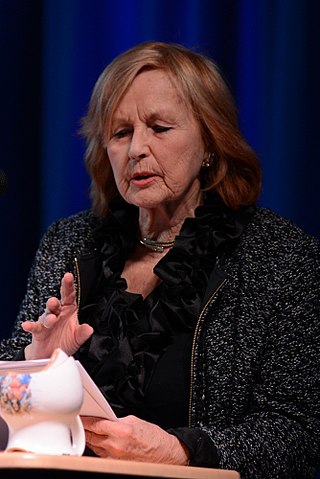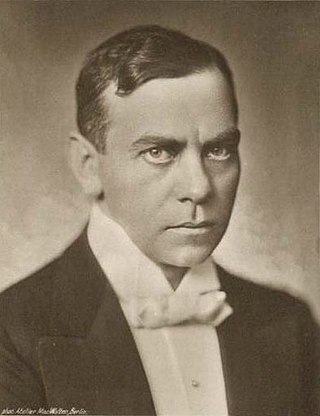Lemke's Widow may refer to:
- Lemke's Widow (1928 film), a German silent film
- Lemke's Widow (1957 film), a West German comedy film
Lemke's Widow may refer to:

Grethe Weiser was a German actress.
Lemke is a German surname.

Brigitte Grothum is a German film actress. She has appeared in 50 films since 1955. She was born in Dessau, Germany.
Lemke may refer to:
Carl Eduard Hermann Boese was a German film director, screenwriter, and producer. He directed 158 films between 1917 and 1957.

Paul Westermeier was a German film actor.

Lissy Arna was a German film actress. She appeared in 63 films between 1918 and 1962. She starred in the 1931 film The Squeaker, which was directed by Martin Frič and Karel Lamač. She entered U.S. films in 1930 under the direction of William Dieterle, appearing in German-language versions of American films.
Klaus Dudenhöfer (1924–2008) was a German film editor.

Gerhard Dammann was a German film actor.

Margarete Kupfer was a German actress.
Sophie Berg Pagay was an Austrian stage and film actress, born in Brünn, Austria-Hungary. She began acting as a child, and went to Berlin to perform on stage in 1887. She married actor Hans Pagay.
Karl Hasselmann was a German cinematographer who worked on over a hundred films during a long career. He collaborated with Ewald André Dupont on a number of productions for Gloria Film such as Whitechapel. He worked on eleven films with Karl Grune.
Helmut Weiss was a German actor, screenwriter, and film director. He was notable for directing Tell the Truth the first film produced in what was to become the future West Germany after the Second World War. It was made in Hamburg in the British Zone of Occupation. Much of the film had already been made at the UFA studios in Berlin shortly before the arrival of the Red Army, but Weiss dramatically re-shot it. The film was significant in its use of outdoor locations in common with other post-war rubble films.

Josefine Dora was an Austrian stage and film actress. She appeared in over 100 films, generally in supporting roles such as in The Virtuous Sinner (1931).
Carla Hagen is a German film and television actress.
National Film or National-Film was a German film production and distribution company which operated during the silent and early sound era. In the early 1920s it made an attempt to take over Erich Pommer's Decla-Bioscop, but the projected merger failed and Decla instead joined with the major studio UFA. While Decla was generally in favour of joining with National, it was pressured by its creditors Deutsche Bank to merge with UFA.
Karl Machus (1884–1944) was a German art director. Along with Erich Zander he designed the sets for most of the films made by director Veit Harlan during the Nazi era.

Lemke's Widow is a 1928 German silent film directed by Carl Boese. It was shot at the National Studios in Berlin. The film's sets were designed by Karl Machus. The film was remade in 1957 with Grethe Weiser in the title role.
Maytime or As Once in May is a 1926 German silent romance film directed by Willi Wolff and starring Adolf Klein, Ellen Richter, and Paul Heidemann.

Lemke's Widow is a 1957 West German comedy film directed by Helmut Weiss and starring Grethe Weiser, Brigitte Grothum, and Michael Heltau. It is a remake of the 1928 film of the same title. It was shot at the Wandsbek Studios in Hamburg and on location in the city. The film's sets were designed by the art director Erich Kettelhut.